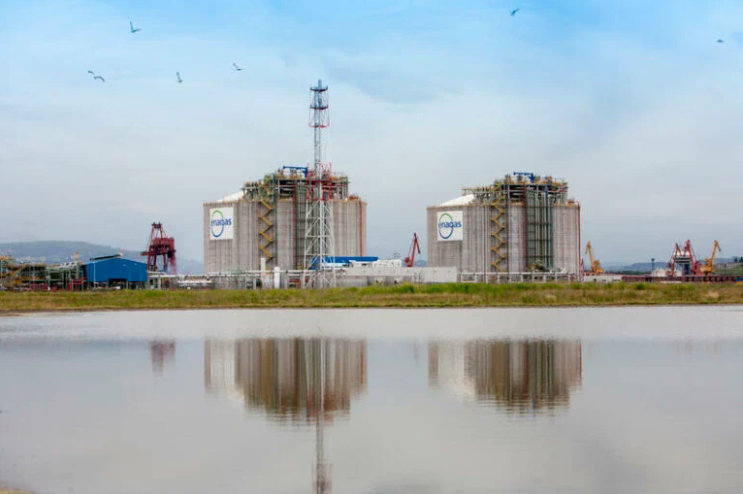
According to the Spanish energy company Enagás, the technical conditions for the provision of LNG logistics services at the plant are established, and for its start-up, only the Commissioning Act is pending by the Industry and Energy Area of the Government Delegation in the Principality of Asturias.
Previously, in February, the plant received the approval of the singular economic regime for its logistic use by the National Commission for Markets and Competition (CNMC).
“The start-up of El Musel is a milestone for the start of commercial operations of the infrastructure, which is part of the Government’s More Energy Security Plan, and will make it possible to reinforce the security of energy supply in Europe,” Enagás said.
To note, on 6 June, Enagás began the binding phase of the capacity allocation process (Open Season) for logistics services at the El Musel, which is expected to end in July. The logistics services offered for this infrastructure are LNG unloading, storage and loading operations.
The Spanish major pointed out that the Gijón plant could contribute up to 8 bcm of LNG capacity per year to the security of the European energy supply and will allow the docking of ships of between 50,000 and 266,000 m3. The plant has two tanks with 150,000 m3 of LNG storage capacity, two tanker loading bays with a capacity to load a maximum of 9 GWh/d and a maximum emission capacity of 800,000 Nm 3/h.
On 28 February, Enagás and Spanish LNG terminal operator Reganosa signed an agreement by which Enagás acquired a network of 130 km of natural gas pipelines from Reganosa and in return, Reganosa purchased a 25% stake in the El Musel plant.
Enagás noted that the agreement reinforces both companies, allowing them to take advantage of their synergies and work together on new possibilities for collaboration to strengthen the security of supply and progress with the decarbonisation objectives of Spain and Europe.
To note, the start-up of El Musel is also a part of Enagás’ 2030 strategic plan.